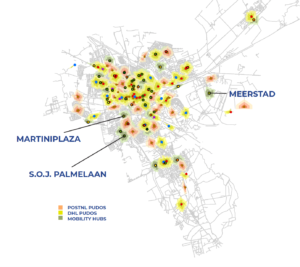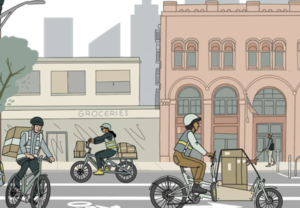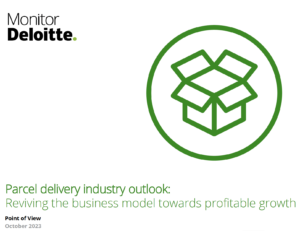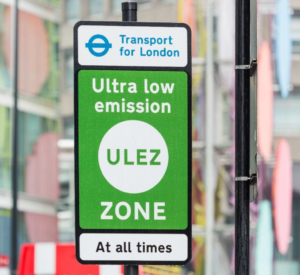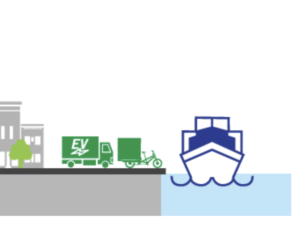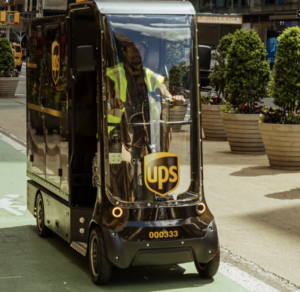Overview of practices in the integration of passenger mobility and freight deliveries in urban areas
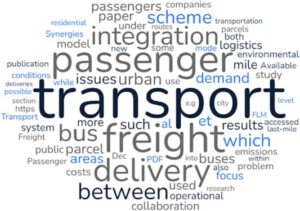
Urban transport has been one of the most crucial and challenging issues. Moreover, it is a catch-all term that discusses the ease and speed with which passengers and goods move around urban spaces. With cities getting more populated and crowded, new challenges for transportation that impact how to design and build urban locations appear. A …


